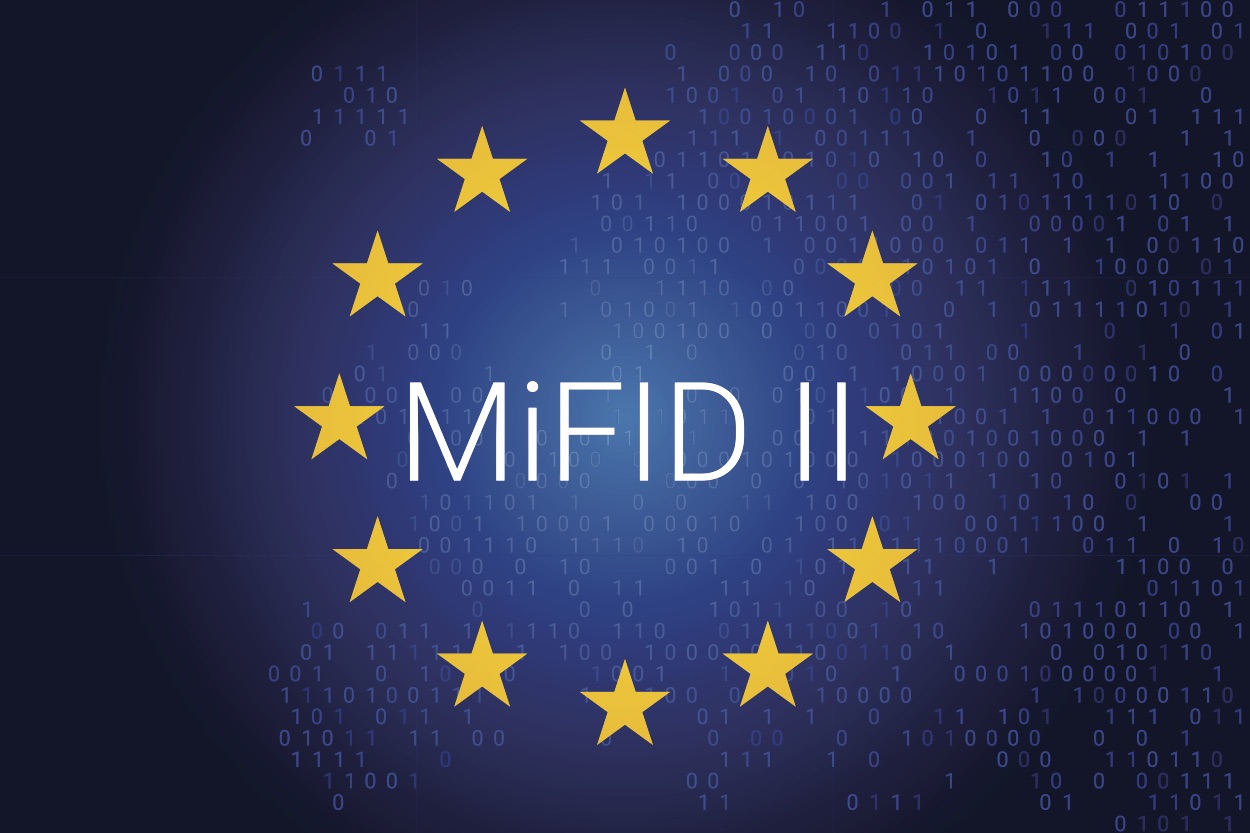- MiFID II provides greater transparency for investors and took effect January 2018
- Asset management teams must choose between passing on research costs to clients in pre-agreed upon invoices or take on the cost of research on their own
- In-house & independent research teams will be called upon more frequently and be working with new budgets thanks to the new laws
The Markets in Financial Instruments Directive, or MiFID II, aimed to provide greater transparency and protection for investors. It went into effect in January 2018 and might still have some researchers and decision makers confused as to what it means for them.
The number of parties the new rules affect is far reaching and inclusive from banks to investors. Under the law, brokers have to establish a price for research separately from execution services. While that might sound clear cut, there is uncertainty in how to price alternative research and how to find it.
If you’re affected by MiFID II and still wondering what it means for you, here’s an outline of what has changed for each main audience and how to work with it under the new law.
Affects for asset management teams
Because the law calls for greater transparency in payments for research, asset management firms must either pass the costs of research on to their clients via pre-agreed research payment accounts or absorb the costs of research themselves. That’s a whole new landscape for asset management teams who are used to price their services to be inclusive of both research and execution.
Plus, while the guidance is only for the EU, many asset management firms are global, which means your team can either have separate rules for different clients or choose to abide by the MiFID II standards for all research transactions. Many firms have chosen to do the latter for consistency’s sake and ease of accounting and finance.
With the regulations that research must now be line-itemed in invoices, asset management teams are expected, initially, to buy less research from sell-side providers and instead source more research in-house. This can mean more in-house research job opportunities in the EU marketplace and more demand for independent research.
Affects for in-house research teams
In-house research teams will most likely be called upon more often now to deliver investment recommendations under the new law. Plus, these teams are expected to buy more alternative data and research to meet their needs and the needs of their internal clients.
Budgets are also expected to shift. The expected cost of in-house research is estimated to be 5-20 basis points (.05%-.2%) of assets under management, leading to new, sizable budgets for alternative research.
MiFID places new demands on compliance reporting to ensure inducements are clearly disclosed and research spend is justified by the quality of 3rd-party research. These new requirements place an initial barrier to putting these research budgets to use.
Regardless, you still need a place to store and build upon your research – whether that be from your in-house team or via purchase from outside researchers. You’ll still need to make great decisions with data and insights to back it up. Coegil offers decision-makers and researchers a platform to house, interpret, purchase and sell research. It’s the first platform of its kind designed specifically for researchers and decision makers. Coegil also makes meeting your compliance obligations under MiFID easy.


Leave a comment